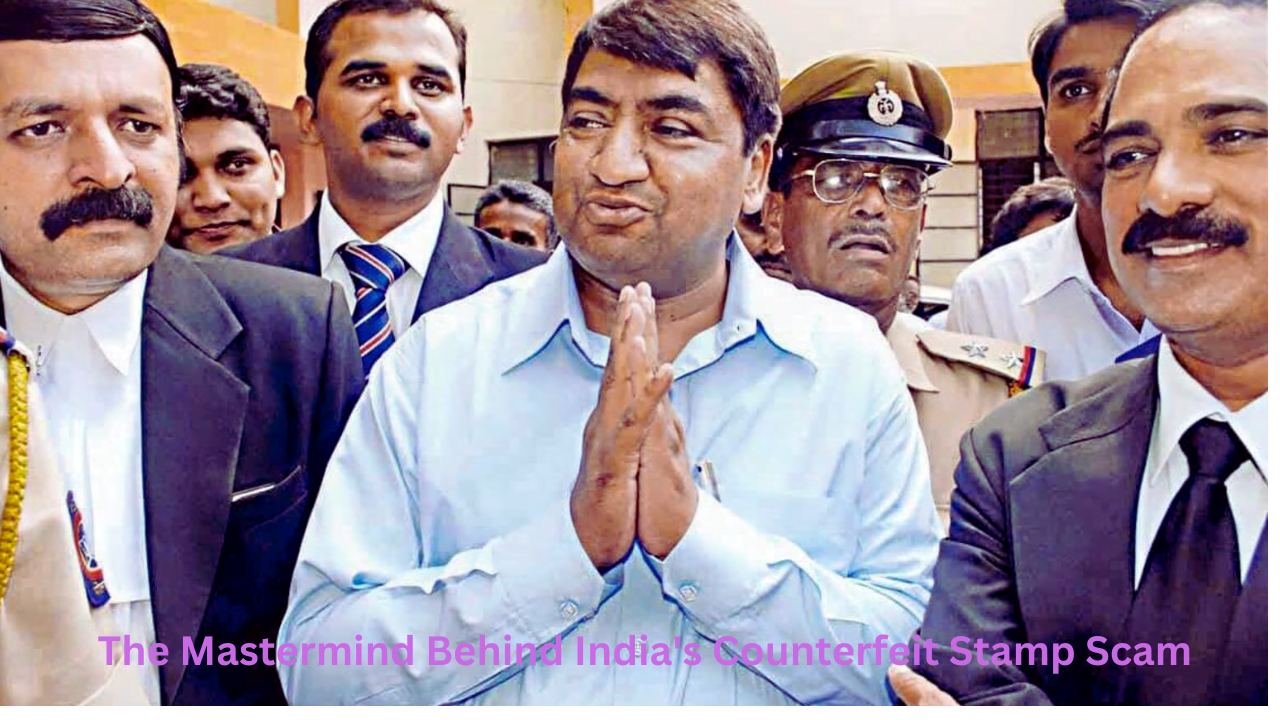Gagan Dev Riar excels as Telgi; his physical transformation is remarkable; he appears to be a typical member of the crowd with a paunch and an unbuttoned shirt while actually hiding a sharp mind that is constantly at work.
Tales of the Rich-to-Richer remain endearing even when the protagonist is obviously committing wrongdoing, particularly when their street smarts and “jugaad” outwit others. Nobody wants to be a steady, slow drone when they can soar, but only a select few have the talent and good fortune to be everything.
The Hansal Mehta-directed 2020 series raced to the top of the charts as the finest Indian web series and introduced us to the life of Harshad Mehta in “Scam 1992.” The narrative of Abdul Karim Telgi, the brains behind the stamp paper scam, is being told in the movie “Scam 2003,” which was based on Sanjay Baru’s “. “The show, titled ‘Scam: Reporters’ Diary,’ was helmed by Tushar Hiranandani and brought to life under the production of Hansal Mehta.”
Telgi was apprehended and put to death in prison, but his bold “darling” ideas, which brought in unfathomable profits, exposed flaws in the “system” that rules us and keeps the wealthy and the common man apart. Even years after their deaths, Mehta and Telgi continue to inspire a great deal of admiration and pity because they both started from nothing and eventually acquired everything, albeit for a very short time.
Even if comparisons are hateful, this new series will undoubtedly hold its own against its predecessor, which was a sharp, perceptive portrayal of pre-liberalization India and how Big Bull discovered all the vulnerable places to exploit along his exhilarating voyage. at the peak of the stock market. The performance of Pratik Gandhi as Harshad Mehta was astounding, and everything was done in the most enjoyable way.
“Stamp Paper” isn’t as exciting by nature as actual money, which the charismatic Harshad utilized for haggling, and Telgi, the genius behind the stamp paper fraud, isn’t any more evil than the fruit vendor from Karnataka, whose ambition knows no bounds. The producers’ challenge is how to make it as entertaining as the previous one when both the main protagonist and his accomplices—a rotating cast of corrupt police and politicians—are as repulsive as they come. They were happy to be dipping their greedy hands into Telgi’s “flowing Ganga” even though they knew they were dealing with tainted hands.
For More: News
Although Telgi’s transformation into Gagan Dev Riar is impressive, his bodily change is remarkably unremarkable – a face like a thousand others in the throng, a protruding belly, an unbuttoned shirt – disguising a bright mind that never stops thinking. He reminds everyone around him, including an early friend and ally, his beloved wife and daughter, his brother, and his mother, who continue to save him with their unflinching faith, that “it’s not about making money; it’s about creating.”
Telgi’s shortcomings are shown by the second episode (five have already been released, and five more will be available in the coming days). While Telgi faced several challenges, not all of them were in his best interests: how frequently does a politician spill the beans with such zeal?
Like no honest common man, Telgi’s stamp paper forging enterprise propelled him to the top of the “government” stronghold. When things don’t go his way, Riar has a beautiful way of looking down and up with twinkling eyes, keeping our attention fixated on him. He approaches it with a sense of obligation.
Abdul Karim Telgi’s life and crimes serve as a stark reminder of the lengths to which some individuals are willing to go to exploit systemic weaknesses. His scam not only caused significant financial losses but also highlighted the urgent need for administrative reforms and stricter enforcement of laws to prevent such large-scale frauds in the future.
